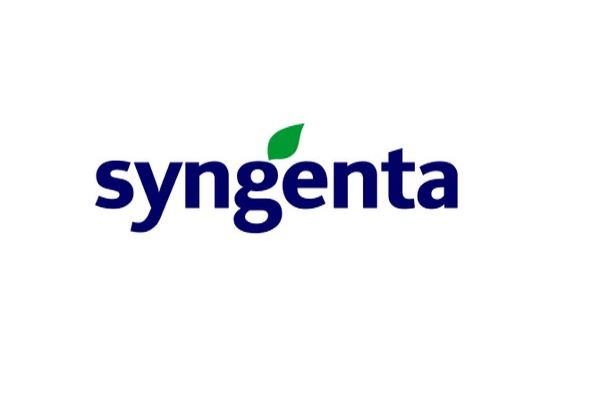After more than a decade of cutting-edge research, the newest herbicide from Syngenta is recognized under a new chemical subclass

Syngenta, a global leader in agricultural innovation, announced today that its latest weed control solution, metproxybicyclone, has been recognized under a new chemical subclass of herbicides. The decision, by the Herbicide Resistance Action Committee (HRAC) and the Weed Science Society of America (WSSA), reflects metproxybicyclone’s distinction as the fourth generation of ACCase-inhibitors, an important class of herbicides. The third generation of ACCase-inhibitors, represented by Syngenta’s leading molecule pinoxaden, was launched in 2006; the nearly two-decade long gap in ACCase subclass innovation reflects in part the extreme challenges in finding new, effective and safe solutions.
“Herbicide resistance has been officially reported in 75 countries and affects farmers of more than 100 crops; of the 273 weed species afflicted, 40 percent are grass weeds,” said Camilla Corsi, Syngenta’s Global Head of Research and Development. “At Syngenta, we push the boundaries of crop protection science to deliver solutions farmers need. Years ago, our scientists foresaw that certain grass weeds in Argentina and Brazil would likely evolve resistance to existing herbicides, and since then we’ve raced to bring a solution to market – in time to support soybean and cotton farmers who now confront this challenge.” Subject to regulatory approvals, the new herbicide is currently expected to be introduced in Argentina in 2026.
The novel herbicide was invented at Syngenta’s International Research Centre at Jealott’s Hill, UK. By leveraging Syngenta’s extensive expertise in ACCase-inhibitors and state-of-the-art computer modelling, scientists precisely designed a new subclass of herbicide capable of controlling grass weeds that had evolved resistance to herbicides such as glyphosate and clethodim, while optimizing the molecule’s sustainability profile. The approach reflects Syngenta’s “Safer by Design” research philosophy that guides Syngenta’s efforts in delivering higher yields while lowering the impact to the planet through more sustainable technologies.
Syngenta is widely regarded for its leading pipeline of innovative agricultural solutions. Its portfolio of crop protection solutions includes products based on ADEPIDYN technology, PLINAZOLIN technology and TYMIRIUM technology, as well as a wide and expanding array of biological and digital solutions.
Subscribe to our newsletter & stay updated.